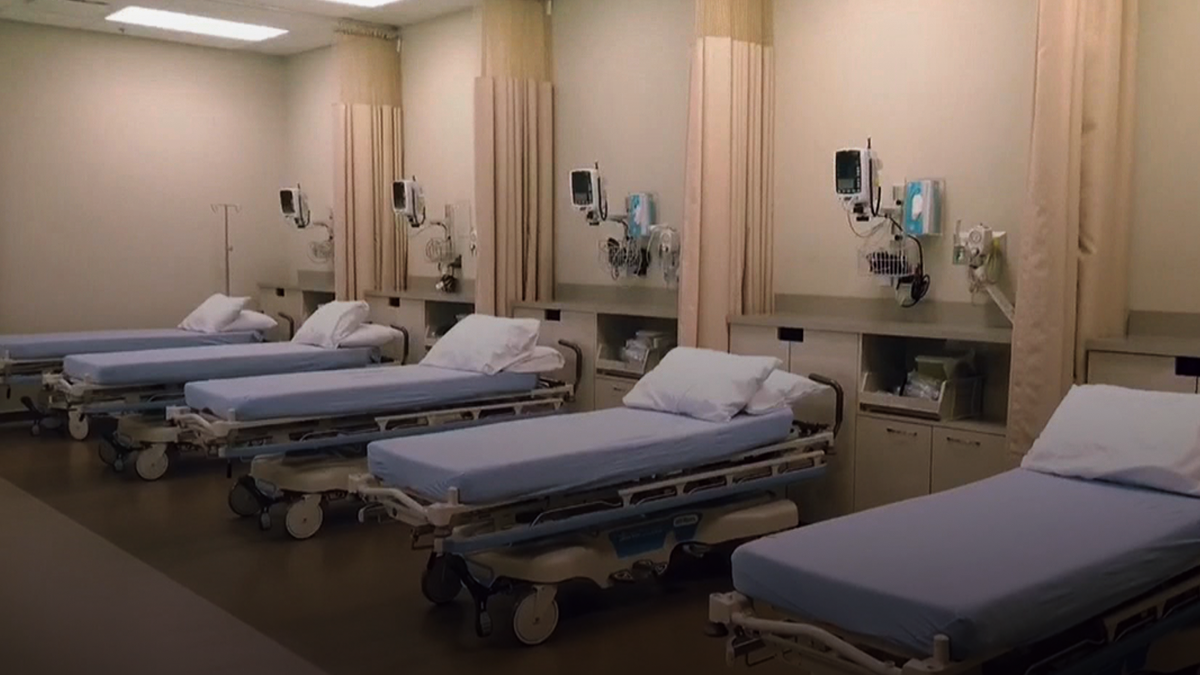Alberta is one of the first provinces to announce it is allowing non-urgent surgeries to take place as the province prepares to reopen.
The province’s Minister of health Tyler Shandro announced on Monday that the most urgent surgeries and those which have been waiting for the longest are being given priority.
“Many Albertans have had to delay important non-urgent scheduled procedures in order for us to ensure our healthcare system was prepared for an influx of patients with COVID-19,” said Shandro.
“Thanks to the measures our government and Alberta Health Services (AHS) have taken, and the hard work and dedication of frontline healthcare workers, our healthcare system now has the capacity to begin resuming some of these procedures. Together, we will move forward, get patients the care they need, surround vulnerable Albertans with a ring of defence and build back our province one step at a time.”
In other provinces, questions have arisen regarding the decision to cancel elective or non-essential medical procedures due to the coronavirus after several people have died as a result.
Most recently, a BC father died shortly after a potentially life-saving kidney surgery was cancelled by the hospital.
Chris Walcroft died on April 15, which was the very same day he was supposed to see a specialist to potentially reschedule the procedure for a later date.
Similarly, in Ontario, a report by the University Health Network estimated that approximately 35 people died as a result of cardiac issues from cancelled or delayed surgeries.
“I understand that a report has been released today by UHN with respect to cardiac deaths and it has been estimated that approximately 35 people may have passed away because their surgeries were not performed,” said Ontario Minister of Health Christine Elliot during a daily coronavirus briefing.
“That’s not something any of us want to hear, certainly was not intended because the best medical decisions were made, but as I said before any death is a tragedy. It’s something that has happened, I don’t want to call it collateral damage because they are deaths and that is very concerning and sad to all of us.”
According to the Financial Accountability Office fo Ontario, around 52,700 procedures were cancelled or avoided in the province from between March 15 to April 22.
During the Ontario premier’s daily briefing on Monday, Minister Elliott indicated that the government was looking at the possibility of creating COVID-19-only hospitals so other hospitals can begin to resume elective surgeries.





















